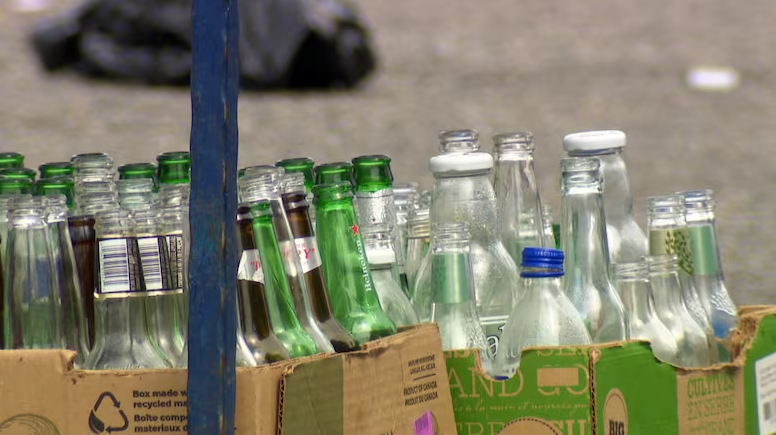UBC Study Finds Recycling Rates Could Rise With $1,000 Lottery Option Instead of 10¢ Refund
Emma MacLeod
6/25/20252 min read


Would you choose a sure 10 cents — or a shot at $1,000?
According to a new University of British Columbia psychology study, offering consumers a lottery-style refund for returning beverage containers could significantly improve recycling rates in Canada.
The study, led by PhD student Jade Radke, found people are often more motivated by hope and excitement than by small guaranteed paybacks.
“You kind of do it for fun,” Radke said. “It’s like playing the lottery — there's higher hope and more excitement involved.”
Study Design: Gamble or Guarantee?
The UBC team conducted experiments in food courts and at a food festival in Alberta. People returning beverage containers were asked to choose between:
A guaranteed 10¢,
Or one of several lottery-style options:
10% chance at $1
1% chance at $10
0.1% chance at $100
0.01% chance at $1,000
Over 25% of participants chose the $1,000 gamble, making it the most popular option. Those who chose the lottery option also reported higher anticipatory happiness.
“A probabilistic refund is associated with an immediate boost in happiness and can increase recycling behaviour,” the paper concludes.
Inspired by Norway
The concept isn’t new — Norway has used a similar system since 1997. Combined with a strong environmental culture and easy-to-access machines, it’s helped push the country’s recycling rate to a world-leading 96.7%.
In comparison:
B.C.’s rate is 79.6%
Alberta’s rate is 84.9%
UBC researchers believe introducing a lottery system here could help close the gap.
But What About Binners?
One group not covered in the initial study: binners — people who collect recyclables for income.
Jutta Gutberlet, who researches informal recyclers at the University of Victoria, says most binners rely on the guaranteed payout for financial reasons and may be reluctant to gamble.
“The first motivation is economic,” she said. “They would likely prefer a higher guaranteed deposit — like 25¢ — to better reflect their labour and contribution to the circular economy.”
The study’s authors say they plan to include binners in future research to better understand how the lottery system would impact them.
Bottom Line:
UBC’s innovative approach could make recycling more engaging — and more effective. Now, the next step is seeing if it can work at scale across Canada.
News
Stay updated with the latest BC news stories, subscribe to our newsletter today.
SUBSCRIBE
© 2025 Innovatory Labs Inc.. All rights reserved.
LINKS
